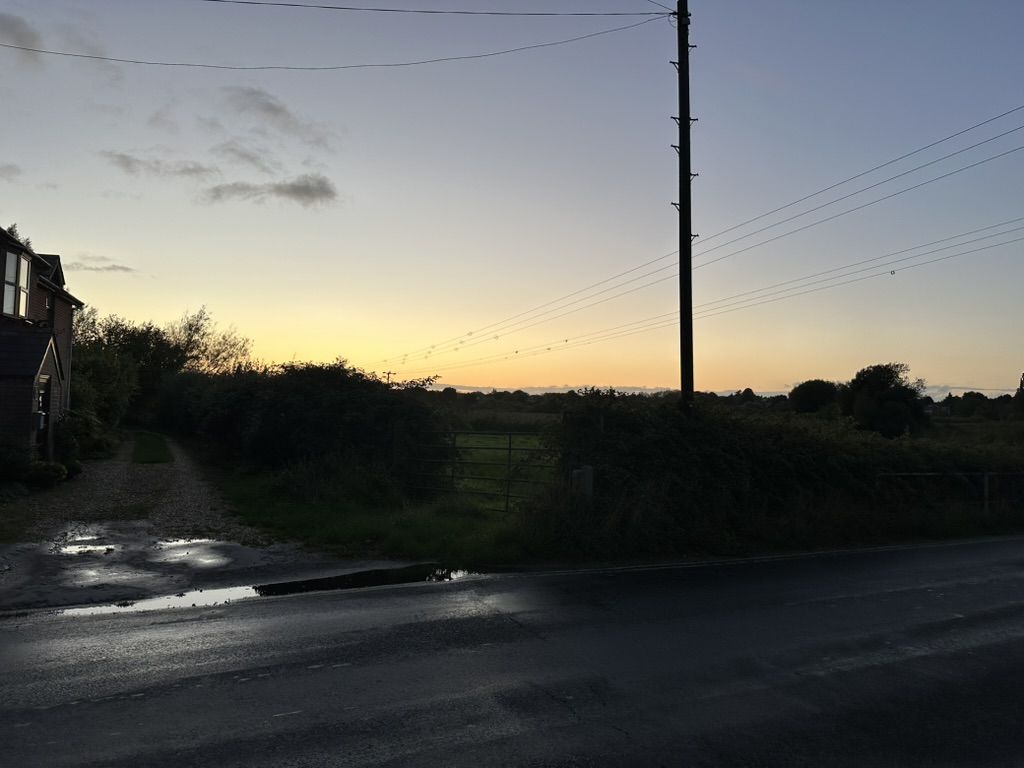The hills, the valleys, the trees, the streams and the gasworks

This is something I wrote over ten years ago about Ivor The Engine, and it has followed me from blog to blog ever since because it's still true.
Not very long ago, in the top left hand corner of Wales, there was a railway. It wasn't a very long railway or a very important railway, but it was called the The Merioneth and Llantisilly Rail Traction Company Limited, and it was all there was. And in a shed, in a siding, at the end of the railway lived the locomotive of The Merioneth and Llantisilly Rail Traction Company Limited, which was a long name for a little engine, so his friends just called him Ivor.
Some of you might be unfamiliar with Ivor, the little green locomotive belonging to the Merioneth and Llantisilly Rail Traction Company Limited. He's the title character for the first production of Smallfilms, the collaboration between Oliver Postgate and Peter Firmin whose later works included Noggin the Nog, Bagpuss and The Clangers. The series began as a series of black-and-white hand-crafted animations for ITV, which was then later made into a series of hand-crafted colour animations for the BBC.
As a child, I knew none of this. In fact, at the time I first encountered Ivor, I don't think we even had a television. I used to spend all my free time reading and listening to story tapes. One of my favourites was a two-tape box, a double-bill of Ivor the Engine and Noggin the Nog.
The tapes are no longer around - my mum gave ours to a charity shop, I think, and the best substitute I've been able to find is what appears to be a rip of the first story, which can be heard here. The story is a condensed version of the first 6 episodes of the black-and-white BBC series. (until recently, the rest were thought lost, until someone found them in a barn somewhere). It's about Ivor's quest to sing with the Grumbley and District Choral Society, after hearing them one evening from the hill overlooking the town singing Guide Me O Thou Great Jehovah (my favourite hymn, to this day). There's a moment when Postgate, with his wonderful resonant voice, is speaking over a beautiful rendition of the song. I find it so profoundly affecting I weep every time I hear it.
Then he heard the singing. Oh! it was lovely singing. It was the Grumbley and District Choral Society, practising in the congregational hall. Ivor listened, and it seemed to him as if the hills and the valleys, the streams and the trees and the gasworks were all singing together, singing their praises to the golden evening sun.
Everything about the stories seems suffused with the ever-so-dreamlike quality that memories of childhood (or, at least, my memories of childhood) seem to possess. There's no question of realism - you don't really care that there's a sentient railway engine, or a dragon called Idris. When they take Ivor to Pontypool Roads to see why he's not pulling right, after checking for and finding no mechanical defects the chief engineer asks whether they'd "spoken harshly to him, or accused him of something he didn't do", and it's the most natural thing in the world.
It has the rare charm of something made wholly by hand, by people who put something of themselves into the endeavour. Bill Watterson once said of Calvin and Hobbes that he took a particular pride in knowing he'd drawn every little detail and lettered every speech bubble, and I'm fairly sure it's the same with the Smallfilms team here. Everything from the hand-drawn and animated characters of Jones the Steam, Dai Station and Evans the Song to the chuff-chuff sound that Ivor makes was made by Oliver Postgate and Peter Firmin, and it really couldn't be any other way.
I remember watching, as a young teenager, the children's TV episode of arch-cynic Charlie Brooker's Screenwipe, and learning of the death of Oliver Postgate. When I listened to the enormous affection with which he talked about all of the Smallfilms productions, I realised they affected him in exactly the same way as they affected me. There's something about Ivor the Engine which cuts through all the accumulated emotional deadening of years, bypasses my inner critic. Even Doctor Who or Star Wars, things I've loved for about as long as I can remember, can't do that. I think it can evince no cynicism because it contains no cynicism - it's genuine, enthusiastic and lovely from top to bottom, an uncommonly pure viewing experience. There is something special about it; something magical. They are simple stories about a railway engine who lives in the top-left-hand-corner of Wales. I guarantee it'll brighten your day. Listen or watch.
- ← Previous
Things That Aren't Securities Fraud - Next →
The Curse Of Narrative Podcasts